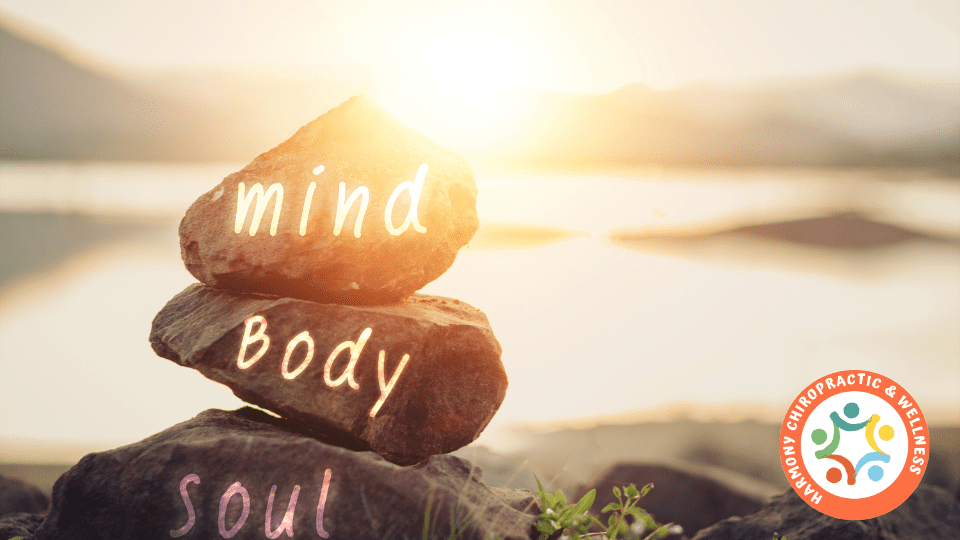What is mindfulness?
Mindfulness is the practice of living in the present moment and being non-judgmental by changing the relationship we have with our thoughts and feelings. It’s about being intentional about your awareness and attention while being kind to yourself. It can be easy to get caught up in life’s distractions when living a busy, fast-paced life. Practicing mindfulness can alleviate depression, anxiety, and pain. Setting time aside to be mindful is beneficial because it helps us reconnect with ourselves.
Meditation
Meditation is a common technique for being mindful. There’s an emphasis on grounding practices that aim to bring you back to the present moment. There’s a focus on breathing patterns as a way to relax and bring your attention away from negative thoughts. It’s encouraged to accept wandering thoughts and resist becoming frustrated with them. Instead, being aware of them and letting them go without judgment. Visualization is also a common technique in meditation.
Hobbies
With social media being a significant part of many of our lives these days, it’s common to forget to spend time off our screens. Notifications are distractions and lead us to passively scroll on our phones without realizing how much time has passed by. Mindful activities like reading, journaling, or painting are healthy alternatives to using technology for entertainment in free time. These are all activities that require full attention to engage in and therefore are great simple ways to be mindful.
Daily Habits
Daily habits like eating and brushing your teeth are both activities that are commonly done passively or in a rush. Practicing mindful eating means taking your time to taste and savour the flavour of your food with every bite. Scheduling yourself enough time to sit down and eat without distractions or multitasking can give you a better opportunity to practice mindful eating. Brushing your teeth and showering are two other habits we tend to do without any thought but can be practiced more mindfully. Try this grounding exercise next time you find yourself needing to be more present: think of 3 things you notice right now for each of the 5 senses; touch, smell, taste, hear, and see. This can be a helpful way to bring yourself back from wandering thoughts and distractions and enjoy the moment.
Benefits of Mindfulness:
1. Manages stress
Mindfulness can help manage stress by slowing down breathing and taking a break from racing thoughts. It encourages you to be aware of thoughts that may be causing stress to worsen and could help you find a new perspective after having a change in thought patterns.
2. Improves focus
Incorporating mindfulness into your routine can improve your focus as it draws your attention away from distractions and makes you more aware of what you are doing. This can lead to better productivity in completing tasks.
3. Helps regulate emotions
Practicing mindfulness can allow you to regulate your emotions by being self-aware and avoiding judgment towards them. Awareness of emotions is important because we can identify and validate our feelings and therefore build a better foundation for responding to difficult emotions.
Counselling is a very beneficial way to manage emotions and can be especially useful when it’s difficult to regulate emotions on your own. Talking to someone who can empathize and guide you to recognize your thoughts is advantageous for your well-being. To improve emotion regulation, you can book an appointment with our counsellor Joseph!
Kelowna Counselling | 250-868-8086





